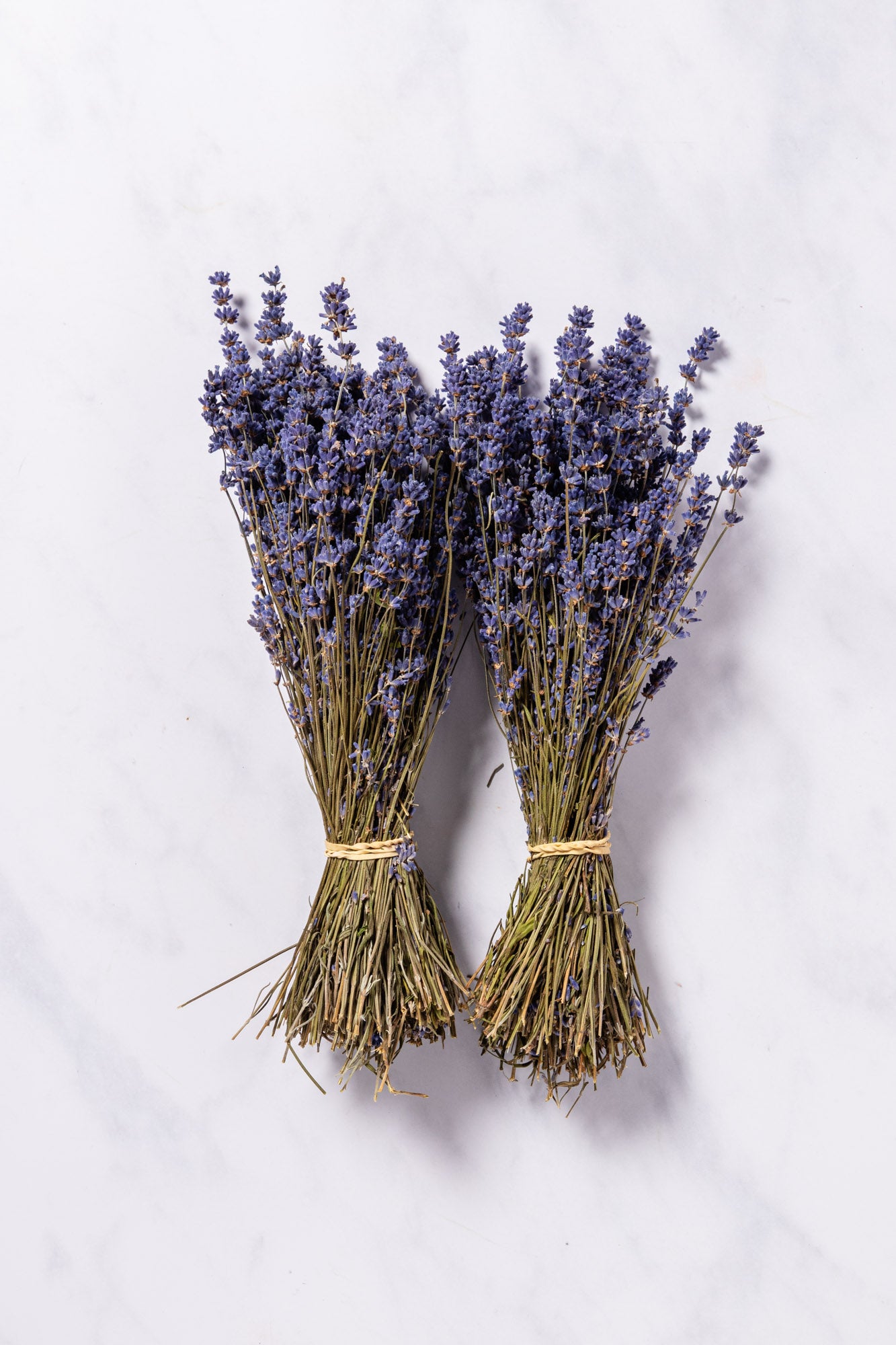FIVE GENERATIONS OF FAMILY FARMING
FIVE GENERATIONS OF FAMILY FARMING
Castle Farm is our family farm based near the pretty village of Shoreham in West Kent.
The Alexander Family have been farming in the Darenth Valley since 1892 when James Alexander brought down 17 milking cows on the train from Ayrshire in Scotland.
Today, the farm is managed by William and Caroline Alexander, with involvement from each of their children, Lorna, Thomas and Crispin, and supported by the hard-working Castle Farm team. Through the years a large variety of crops have been grown on this land including; the Savoy Cabbage, Plums, Lucerne, Parsnips, Marrows, Potatoes and of course, Apples and Hops, which we still grow today!
The Lavender enterprise began in 1998, to produce essential oils. We are now the largest Lavender farm in the UK growing over 110 acres of the fragrant purple flower!
The Hop Shop was founded in 1985 when Caroline and William recognized the demand for Hops as interior decoration – not just for beer. By 1990, The Hop Shop was a major producer of dried flowers, growing over 70 different flowers and won many awards, including 5 consecutive Gold Medals at the RHS Chelsea Flower Show.
The horticultural expertise in growing flowers is still evident today.. in the miles of Lavender rows you can now see in the fields!
Castle Farm is a busy, working 1,100 acre farm with crops of wheat, barley, rapeseed, hops, apples, pumpkins, lavender and a grass-fed herd of beef cattle.
We are the largest producers of Lavender in the UK, with a specialised distillery on site, allowing us to extract the precious essential oils within hours of the crop being harvested.
Our traditional hop gardens have been customised to allow us to grow Hop Bines best suited for interior decoration, with wide rows allowing more sunlight and even flower growth.
Growing both relaxing Lavender and soporific Hops, it made sense for us to combine these two calming elements to develop our Natural Sleep range, which has proved incredibly popular in helping people active a deeper sleep.
The Darent Valley is one of Kent’s greatest hidden treasures, rich in history Castle Farm sits on the remains of an old Norman Castle dating around the 1100's. Over the years this area has seen many transformations and we at Castle Farm are proud to be a part of maintaining the beauty and farming heritage of this landscape.
The Castle Farm Team and family are dedicated to running a farm of successful agricultural production, integrated with wildlife and environmental protection.
Active conservation has long been an integral part of our farming with regular hedge maintenance, woodland management and tree planting taking place each year. The farm devotes 10% of its area to be managed with wildlife and the environment having priority over food production. We participate in government-supported Stewardship Schemes that enable us to maintain grass field edges (to provide extra habitat for flowers and mammals), pollen and nectar areas (that support bees and insects), summer fallow fields (to favour ground-nesting birds), and a programme of old hedge restoration work.
High welfare for our livestock is a priority. Our calves enjoy their first months of life with their mother, then as far as is possible, are kept within small family groups. During the summer they graze the water meadows and hill pastures and in winter are housed in our superb new purpose-built Roundhouse, designed specifically to provide an airy, comfortable, stress-free environment for cattle to live in. Here they are fed home-grown maize and clover-rich grass silage. David, our experienced stockman, ensures the well-being and health of all individual animals on a daily basis.
The farm is well-endowed with both traditional and modern buildings, ranging from a fine timber-framed Kent threshing barn to a state of the art grainstore and drying facility. New agricultural buildings or conversions of redundant properties are undertaken with maximum attention to detail, to ensure their design compliments the surroundings, whilst providing up-to-date functionality. Our grainstore (a large, purpose-built structure) and The Hop Shop (an old wood-framed cattle building reconstructed from a farm in Sussex) have both won design awards. The Roundhouse cattle building is itself an award-winning design.
Packaging is re-used on-farm whenever possible. Surplus cardboard, batteries, plastics, paper, metals and oils are all segregated into different waste streams, then recycled.
Clover is currently being introduced into all our grass pastures to reduce the requirement to apply artificial nitrogen. All manures are spread back onto our land to raise soil fertility. Fuel efficiency has been improved by using minimal cultivation techniques. These save energy by negating the need for deep ploughing every year.
Castle Farm generates electricity using two solar panel installations on our farm buildings.
Be the first to hear of exclusive offers, new ticket releases and all new products.
